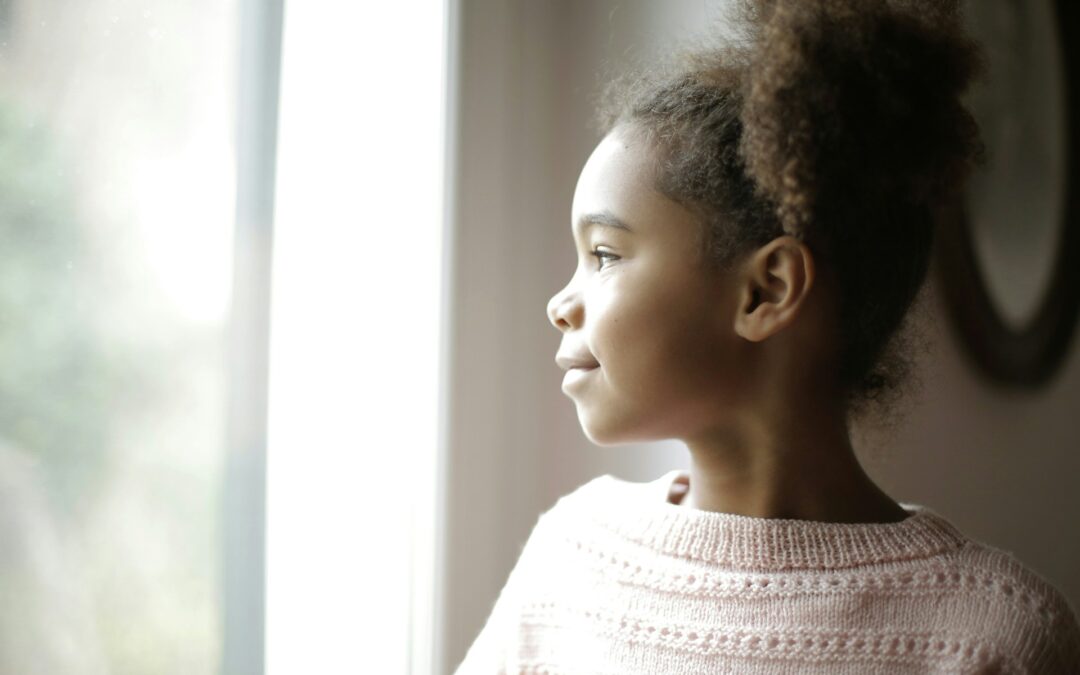SouthAfrica is a major destination for children on the move, the majority of whom either migrate at a very tender age or are born in the Republic.
Some of these children have little or no memory of their country of origin, which affects their sense of belonging. A child needs an identity and legal status to thrive as they grow into adulthood. Without documentation, children struggle to access basic services. In the interests of advocating for the rights of asylum seekers, refugees and migrants, ProBono.Org accepted an invitation to participate in the “Children on the Move” 3-day conference facilitated by the Scalabrini Centre for Women and Children in Cape Town (Scalabrini) which took place from 25 to 27 September 2024.
The conference encouraged multi-stakeholder engagements amongst civil society organisations, government institutions and academia, with the aim of delving into the multifaceted legal and psycho- social challenges of migrant children and pathways toward durable solutions.

The conference emphasised the agency of migrant youths and prioritised amplifying their voices throughout. Day 1 of the conference was facilitated by the Western Cape Commissioner for Children, Commissioner Christina Nomdo. The participating migrant children took part in a peer- facilitated process which allowed for voluntary reflection of their experiences through art. The multistakeholder plenary session took place on Day 2 where the children’s bold messages of frustration, perseverance and hope from their artworks grounded the discussions.
Scalabrini advocacy officers Sindi Moyo and Dion Moyo discussed issues pertaining to birth registrations, permanent residency, child abandonment and family reunification, which sparked robust engagement amongst the plenary participants. The recurring feeling expressed was that although case law such as the Centre for Child Law v Director General: Department of Home Affairs and Others 2022 (2) SA 131 (CC) — which provides for fathers to register the births of their children without the assistance of the biological mothers — and legislation such as the Children’s Act 38 of 2005 may make progressive provisions for migrant children, there is a lack of implementation and sensitisation from the officials of the Department of Home Affairs.
The stakeholders who attended the conference resolved that it is now time to advocate for policy reforms to address the complexities surrounding undocumented migrant children, ensuring their protection and access to services. We need to also offer psychological and counselling support to address trauma and emotional distress experienced by the children. There is power in listening directly to young people and not speaking for them. Surely speaking on behalf of migrants is not enough; we need to allow them to express their plight. Collaborative efforts from government agencies, civil society organisations and community stakeholders will ensure the protection and well-being of migrant minors in South Africa.





